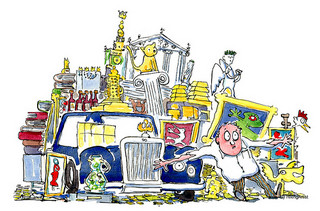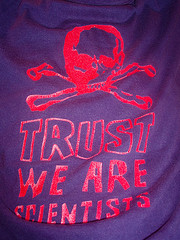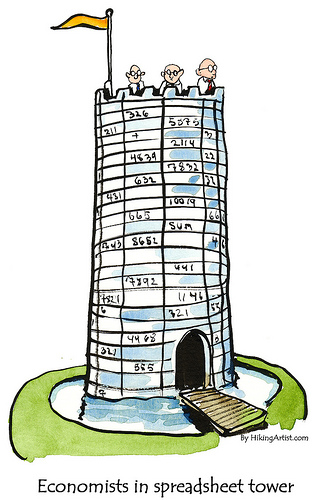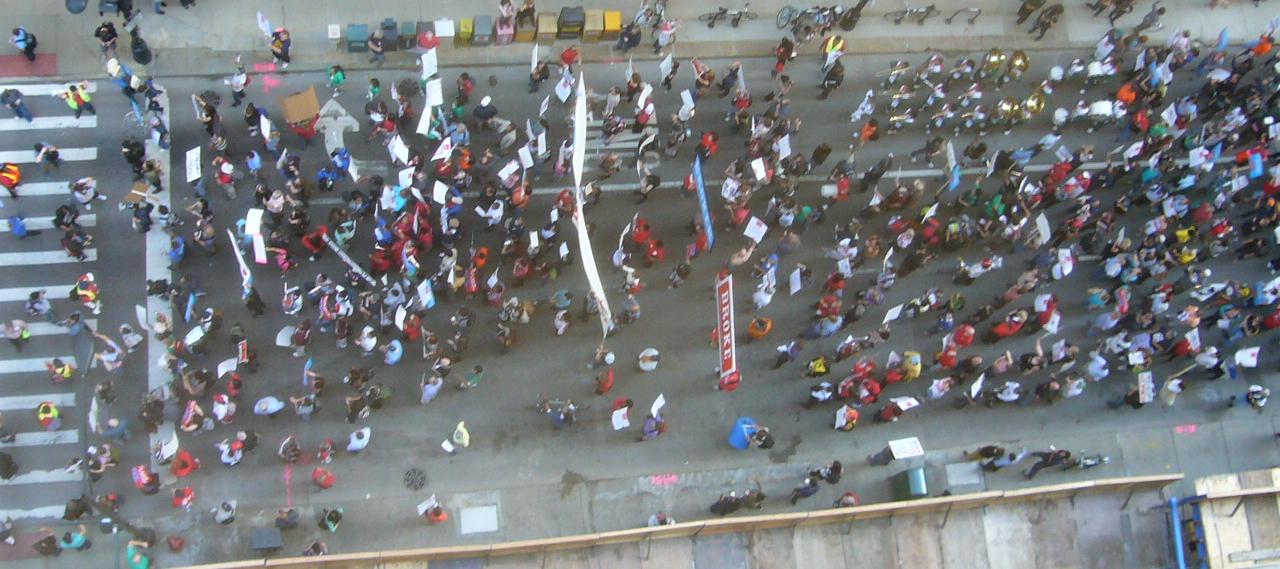
This 1984 feature by Bill Duke “tells the little-known true story of the struggle to build an interracial labor union in the Chicago Stockyards” nearly a century ago. Find the above-quoted University of Chicago review here, links to some published reviews here. 118 minutes.
Not to be confused with the 2007 Israeli movie of the same name.
Another in the “Curious Georgists go to the Movies” series, programmed and hosted by Bob Matter and Bob Jene.
Shown at the Henry George School, 30 E Adams #1207, starting at 2 PM. Followed by refreshments & discussion. Free, donations appreciated. For information email us, or call 312 450 2906







